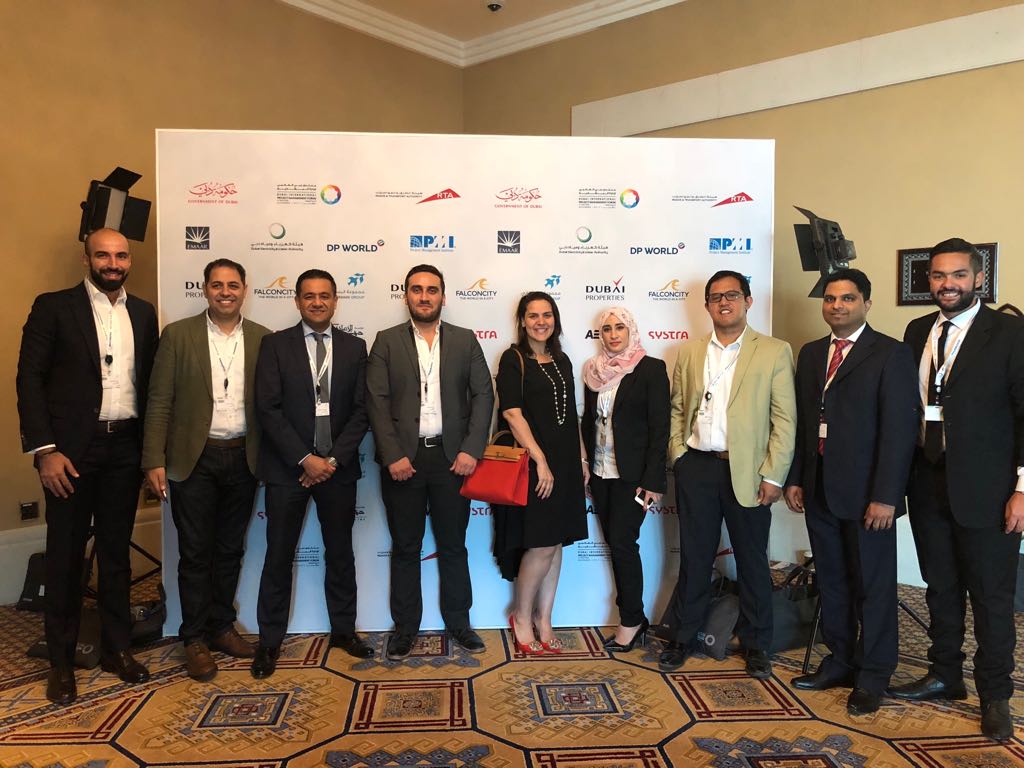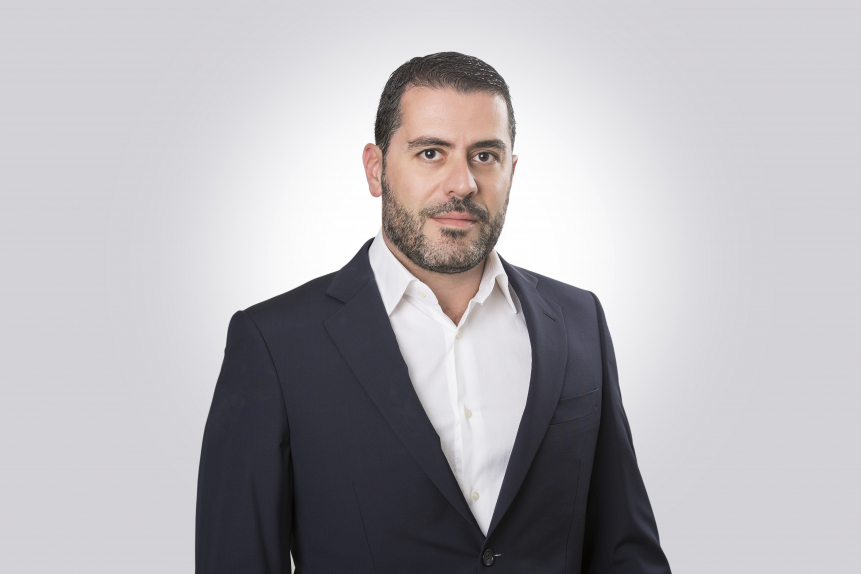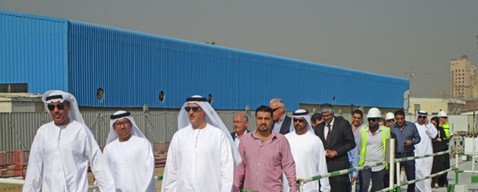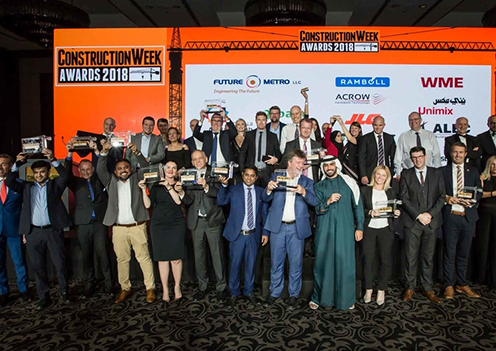Bishoy Azmy, CEO of ASGC, shares his views on the impact of the Coronavirus on the industry and the need to embrace change.
There is a lot of fear and negativity in business right now for obvious reasons. However, I am optimistic about the future and believe that those who are able to adapt can emerge from this crisis as winners. Of course, the COVID-19 pandemic is a crisis which had an immediate negative impact, but one has to think from a business perspective how we can take advantage of this. How can we reposition our company, ourselves and strategies to play to our strengths and address what will become the new normal?
We realize that 2020 is hugely impacted by COVID-19 and all of our pre-COVID plans for the year have now been largely shattered. We will emerge from this global pandemic as a different player. Some people will fall, some people will evolve. As Charles Darwin noted: “It is not the strongest of the species that survives, nor the most intelligent that survives. It is the one that is most adaptable to change.” Change is not a new normal. Change is an inevitable part of life. We all regularly face different kinds of crises and the mindset of the individual, and the mindset of an organization, should be adaptable and flexible enough to accommodate change. If we are able to accommodate change, we will be able to adapt to the impact of COVID-19 and stay resilient. If we look at the stock market and global economies right now, we see how technology companies and progressive businesses with strong leadership are actually doing very well because they have a culture of embracing and even creating change. On the other hand, traditional businesses in declining industries are suffering.
If we consider the construction industry, COVID-19 is simply accelerating problems and issues that the industry was already facing. The industry, whether in the local market or globally, was already dealing with low margins, uncomfortable health and safety standards, poor procurement and contractual arrangements between stakeholders, very high risk, and, most importantly, affordability issues. The affordability of our product is an issue. Globally, there is a huge gap between what most people can afford to pay for the product of construction (whether it is a house, apartment, office or any other development) and the actual cost to buy. The cost of our product as an industry is increasing but the income of most people in the world is not rising at the same pace.
Companies with high leverage will find it even more difficult to cope with these challenges because of the increased pressures it brings. Even where a company is generally in good health, debt can cause suffocation. Businesses with low levels of debt will be best placed to adapt in times of crisis.
The need to adapt
COVID-19 is simply accelerating the impact of the issues in our industry and we need to find solutions. Whether these solutions now require investment in technology such as 3D printing, more efficient ways of thinking, different ways of procuring or the sourcing of cheaper and more environmentally friendly materials, the underlying issues challenging the industry have not changed. The pandemic has not changed our world – it has simply expedited the need to find solutions to pre-existing challenges.
Companies that can find solutions to the challenges quickly are going to emerge as winners out of the COVID-19 situation and we are focused on this outcome. We are trying to adapt, evolve, streamline, cut costs, collaborate more with our clients. We are trying to work with our clients as an integrated part of the delivery process to lower the cost of the end product. We are trying to increase our use of technology and reduce reliance on manual work in the construction process, automating where possible so that we have a factory line rather than unique prototypes with their own learning cycles which we cannot benefit from on the next project. We are embracing the concept of modular construction, being more flexible in the way we work to allow creativity in the workforce and our internal supply chain. Outdated construction practices, working methods, working hours, dress codes – all of these are now being questioned. Everyone in our business should be encouraged to approach things differently and embrace change. The end results are what is important.
Reasons for optimism
It is clear that 2020 will be difficult year for business but I am very optimistic for 2021 and beyond. 2020 will be a year of repositioning and challenging financial reporting. However, our industry can use the crisis to address its issues, become more agile, financially efficient and in tune with the changing needs of the product we deliver to our customers.
We are fortunate that our business is not highly leveraged and has an agile and dedicated team which is willing to think outside of the box. We are focused on adapting to the new normal and I am actually very optimistic about the remainder of 2020 and beyond.






